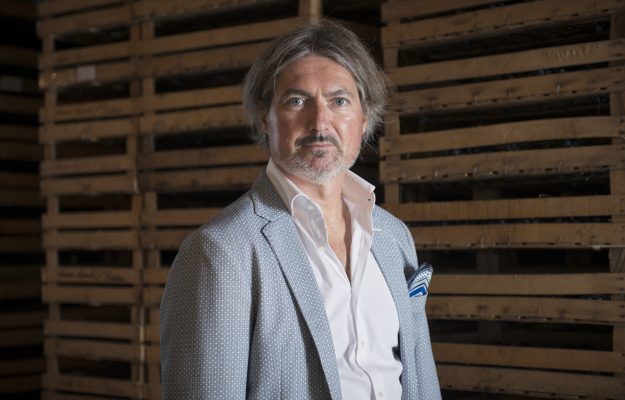Green harvesting and crisis distillation are the two fundamental measures to respond quickly to the emergency and to allow Italian wine producers to restart after months of forced stoppage, with a harvest that is getting closer and closer. However, as we have written and recalled many times, the Italian vineyard is as heterogeneous as can be imagined, each territory is experiencing different dynamics, and from the many denominations of the Belpaese stand out distinctions and analysis , in some cases, pre-COVID needs and proposals re-emerge, which now return to the forefront, even more urgently. This is the case, for example, of Valpolicella, where to the proposals of the Consorzio di Tutela dei Vini della Valpolicella respond the Famiglie Storiche (i.e. the Allegrini, Begali, Brigaldara, Guerrieri Rizzardi, Masi, Musella, Speri, Tedeschi, Tenuta Sant’Antonio, Tommasi, Torre d’Orti, Venturini and Zenato), bringing the theme of zoning and differentiation of yield and sorting between the hill and plain areas back into vogue.
“We have always fought and will continue to do so for the enhancement of the most suitable areas for the production of the great reds of Valpolicella. For this reason we believe that zoning is essential, to redefine through a multidisciplinary approach the characteristic factors of a terroir that has a very ancient vocation for the cultivation of vines, and which today risks being affected by choices that only take into account the relationship between supply and demand, without at the same time proposing suitable initiatives to improve the quality of the product”, says Alberto Zenato, president of the Famiglie Storiche, which together market 2.2 million bottles of Amarone, 16% of total production, for a total turnover of 70 million euros, 20% of total DOCG sales, 80% of which are destined for export.
“It is also necessary to differentiate the yield and consequently the sorting between the hilly and plain areas - continues Zenato - We are in favor of yields of 100 quintals per hectare with a greater selection of grapes for Amarone in the hilly areas, and yields of 120 quintals per hectare with less sorting in the flat ones”. The hill, in fact, is more predisposed to sorting because the environment is more ventilated and therefore the grapes left to rest in the fruit cellar are less subject to pathologies. In the plains, however, where the land is more fertile, higher yields can be obtained but with a higher risk of incurring pathologies that can compromise the quality of the grapes.
“A long-term vision is now essential,” continues Zenato, “and we cannot constantly have to deal with technical changes in progress. In this way, we are damaging above all the producers who would need clear and stable indications over time to be able to work with greater serenity and guarantee the quality of their products. All this endangers the physiological balance of the vineyard, as well as the quality of the wine. It is a question of responsibility towards the territory, on which we all depend, and towards all the producers who have invested here since ancient times”.
The Famiglie Storiche, in this sense, hope for a shared revision of the Valpolicella regulations. “We believe,” continues Alberto Zenato, “that it is fundamental to bring all the players in the wine-growing and wine-producing world of the territory together around a table and to update the regulations, taking into account the substantial expansion of the areas under vines, especially in the eastern part of the Valpolicella appellation, with a consequent increase in wine stocks. We must also consider the qualitative differences between the hill and plain areas according to the new product needs and timing. Our associates - concludes Zenato - receive national and international certifications every year that testify to an excellent product that represents an important added value also on a national economic level. We have created this Association to help spread this heritage with commitment, in Italy, and throughout the world, and we strenuously intend to defend it”.
Copyright © 2000/2026
Contatti: info@winenews.it
Seguici anche su Twitter: @WineNewsIt
Seguici anche su Facebook: @winenewsit
Questo articolo è tratto dall'archivio di WineNews - Tutti i diritti riservati - Copyright © 2000/2026







































































































































































































